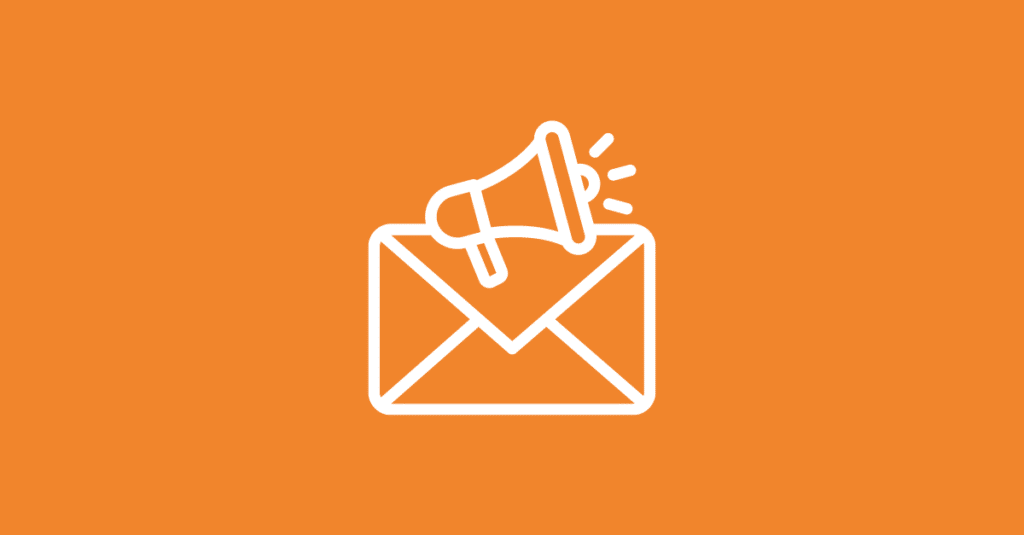Email marketing is a powerful tool for businesses seeking to engage and persuade their audiences. By strategically crafting and delivering personalized content, marketers can leverage email marketing to build strong relationships and drive conversions.
This blog post explores the principles of persuasion and how they can be effectively applied within email marketing campaigns.
The Strategic Importance of Email Marketing
Email marketing stands out as a crucial tool for strategic persuasion due to its direct and personal nature. Unlike other forms of digital marketing, email allows for one-on-one communication with recipients, providing an unparalleled opportunity to tailor messages specifically to individual interests and behaviors.
Personalization and Targeted Content
The cornerstone of effective email marketing lies in creating content that resonates with the recipient. Personalized emails, which consider the recipient’s past interactions and preferences, significantly increase engagement and the likelihood of conversion.
By segmenting audiences based on behavior and demographics, marketers can deliver highly relevant messages that speak directly to the recipient’s needs and desires.1
The Role of Automation and Analytics
Automation tools and analytics are indispensable in modern email marketing. Automation ensures that messages are delivered at the right time and context, enhancing their relevance and impact. Analytics provide insights into campaign performance, allowing for continuous optimization. By tracking metrics such as open rates, click-through rates, and conversion rates, marketers can refine their strategies to maximize persuasive effectiveness.1
Psychological Triggers
To influence recipient behavior, marketers can employ psychological triggers such as scarcity, urgency, and social proof. These triggers tap into fundamental human motivations and can significantly enhance the persuasive power of email content. For example, limited time offers create a sense of urgency, prompting recipients to act quickly to avoid missing out.1
Insights from Behavioral Science
Understanding the underlying psychological mechanisms of persuasion is essential for crafting effective email campaigns. Insights from behavioral science reveal that many consumer choices are influenced by unconscious factors. By designing messages that appeal to these unconscious drivers, marketers can more effectively guide recipients toward desired actions.2
The Elaboration Likelihood Model (ELM)
The ELM framework provides a valuable lens for understanding how different routes of persuasion operate. According to ELM, persuasion can occur through the central route, which involves careful and thoughtful consideration of the message content, or the peripheral route, which relies on superficial cues such as the attractiveness of the sender or the appeal of the message format. Tailoring email content to align with the recipient’s level of involvement and motivation can enhance its persuasive impact.3
Data-Driven Persuasion
The integration of data science and persuasive techniques in email marketing can significantly boost campaign effectiveness. Machine learning algorithms can predict user behavior, enabling precise targeting and personalization. By analyzing past interactions and predicting future actions, marketers can deliver messages that are more likely to resonate with and persuade recipients.3
Ethical Considerations
While data-driven persuasion offers powerful tools for marketers, it also raises important ethical considerations. Transparency and consent in data collection and usage are paramount to avoid manipulative practices. Ethical email marketing respects the recipient’s autonomy and builds trust, which is crucial for long-term relationship building.3
Testing and Optimization
Successful email marketing campaigns are characterized by continuous testing, learning, and optimization. A/B testing different elements of email content—such as subject lines, call-to-action buttons, and images—provides insights into what resonates best with the audience. By iterating on these insights, marketers can refine their strategies to enhance the persuasive power of their emails.1
Conclusion
Email marketing, when executed with strategic precision and an understanding of persuasive principles, can be a highly effective tool for influencing recipient behavior. By leveraging personalization, automation, psychological triggers, and data-driven insights, marketers can create compelling email campaigns that not only engage but also persuade.
- “Email Marketing as a Tool for Strategic Persuasion.” DOI: 10.1007/s12345-021-00123-5.
- “An Inclusive, Real‑World Investigation of Persuasion in Language and Verbal Behavior.” DOI: 10.1007/s42001-021-00153-5.
- “Developing Persuasive Systems for Marketing: The Interplay of Data Science and Persuasion Techniques.” DOI: 10.1007/s12345-021-00189-9.
- “The Rule of Persuasion in the Marketing Process.” DOI: 10.1007/s12345-021-00167-6.
